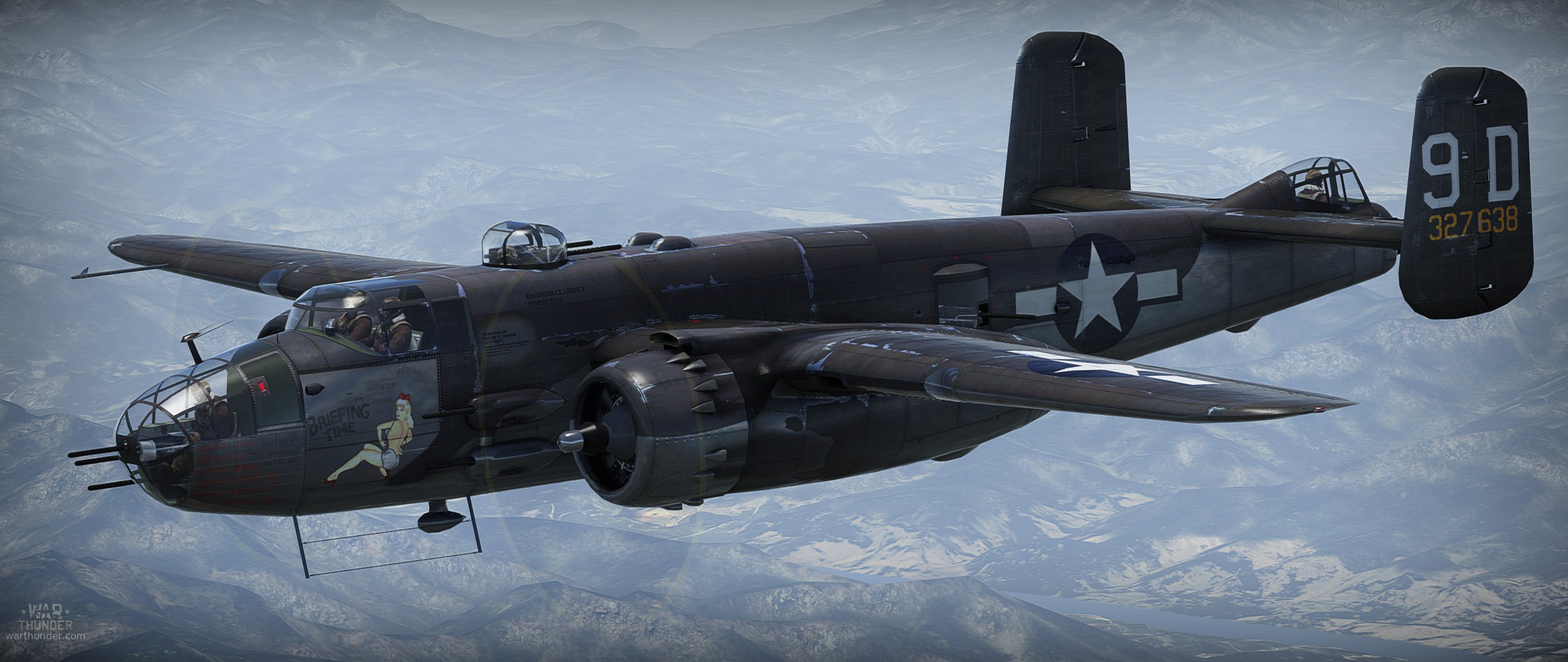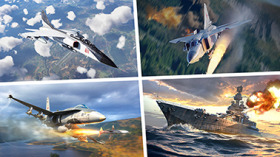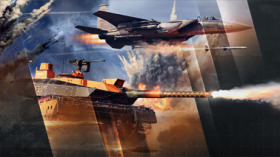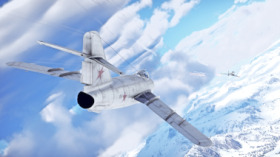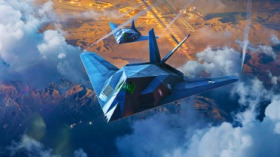
- Для PC
- Для Mac
- Для Linux
- ОС: Windows 10 (64 bit)
- Процессор: Dual-Core 2.2 GHz
- Оперативная память: 4 ГБ
- Видеокарта с поддержкой DirectX версии 11: AMD Radeon 77XX / NVIDIA GeForce GTX 660. Минимальное поддерживаемое разрешение – 720p.
- Сеть: Широкополосное подключение к Интернету
- Место на жестком диске: 23.1 Гб
- ОС: Windows 10/11 (64bit)
- Процессор: Intel Core i5 или Ryzen 5 3600 и выше
- Оперативная память: 16 ГБ
- Видеокарта с поддержкой DirectX 11 и выше: Nvidia GeForce 1060 и выше, Radeon RX 570 и выше
- Сеть: Широкополосное подключение к Интернету
- Место на жестком диске: 75.9 Гб
- Операционная система: Mac OS Big Sur 11.0
- Процессор: Core i5, минимум 2.2GHz (Intel Xeon не поддерживается)
- Оперативная память: 6 Гб
- Видеокарта: Intel Iris Pro 5200 (Mac) или аналогичная видеокарта AMD/Nvidia для Mac (минимальное поддерживаемое разрешение – 720p) с поддержкой Metal
- Место на жестком диске: 23.1 Гб
- Операционная система: Mac OS Big Sur 11.0
- Процессор: Intel Core i7 (Intel Xeon не поддерживается)
- Оперативная память: 8 Гб
- Видеокарта: Radeon Vega II и выше с поддержкой Metal
- Место на жестком диске: 75.9 Гб
- Операционная система: Современные дистрибутивы Linux 64bit
- Процессор: Dual-Core 2.4 ГГц
- Оперативная память: 4 Гб
- Видеокарта: NVIDIA GeForce 660 со свежими проприетарными драйверами (не старее 6 месяцев) / соответствующая серия AMD Radeon со свежими проприетарными драйверами (не старее 6 месяцев, минимальное поддерживаемое разрешение - 720p) с поддержкой Vulkan
- Место на жестком диске: 23.1 Гб
- Операционная система: Ubuntu 20.04 64bit
- Процессор: Intel Core i7
- Оперативная память: 16 Гб
- Видеокарта: NVIDIA GeForce 1060 со свежими проприетарными драйверами (не старее 6 месяцев) / Radeon RX 570 со свежими проприетарными драйверами (не старее 6 месяцев) с поддержкой Vulkan
- Место на жестком диске: 75.9 Гб
B-25J-20 "Briefing Time" is one of the B-25 that served with the 489th Bomb Squadron in the Italian campaign, camouflage made by cambridge79 | download here
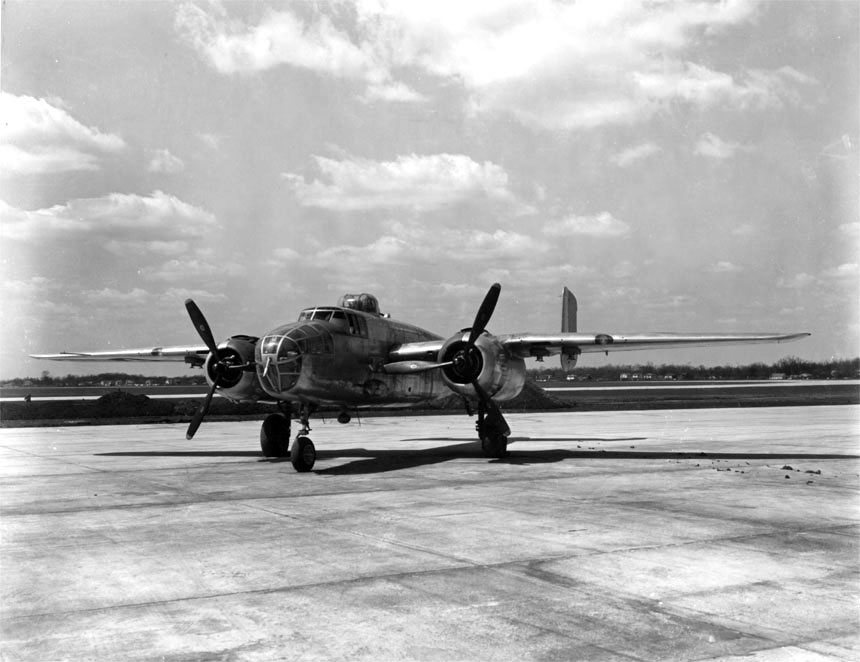 |
| North American B-25J on airstrip |
To North American Aviation, its NA-39 bomber prototype was a major disappointment. The USAAC chose Douglas’ B-18 and foreign designs were significantly faster; the Dornier Do-17MV1 was faster than any fighter then in service. These losses embolden NAA to start from scratch and think big for the NA-40. They pursued France and Britain as eager but demanding customers - however they once again lost out to Douglas and its DB-7, but this time the USAAC did take interest and did place an order, designating it as the B-25. Built to be smaller and faster than its predecessor and - unusually for a medium bomber - accommodating two pilots with just enough crawl space from nose to tail, a competitive bomb load, and long range, the B-25 made up in utility of what it lacked in raw top speed. Entering service just in time for America's entry into World War Two, it serendipitously proved to be an excellent platform with a wide combat radius and able to carry ever heavier and varied loads than anyone imagined. Crawl spaces were often used for more equipment, fuel, and munitions as well as a location for a big 75mm cannon! Of course when the USN launched 16 USAAF B-25D’s off the USS Hornet to strike Japan it made this versatile bomber a legend. It became a major unit in the Pacific theater, destroying countless Japanese assets and thus was key in Japan's defeat. Used by many allied nations across all fronts, its service with the Soviet Union was particularly noteworthy where crews were both delighted in its capabilities and dismayed by its poor sub-zero climate operations. Post war saw the B-25 continue to serve with many countries for decades afterward. In civilian use it found many more roles including fire fighting and as a camera platform used to make countless movies.
As with most other in game bombers it is not maneuverable nor particularly fast. What it does have is a good selection of bomb loads and a fantastic set of offensive and defensive armament, all of which are made up of hard hitting .50 cal (12.7mm) machine guns with excellent arcs, which must be upgraded as soon as possible. Prioritise researching the .50’s first to get the AP (M2) or better the AP-I (M8) rounds in your belts. Also get the first bomb rack unlocked, which doubles your payload and offers a nice combination of four 250 lb and eight 100 lb bombs. This combination can destroy light tanks and the rest can be used against soft targets like AAA. And don’t forget to strafe anything left over with the fearsome fixed mounts. After the weapons, get flak jackets and anything that improves top speed.
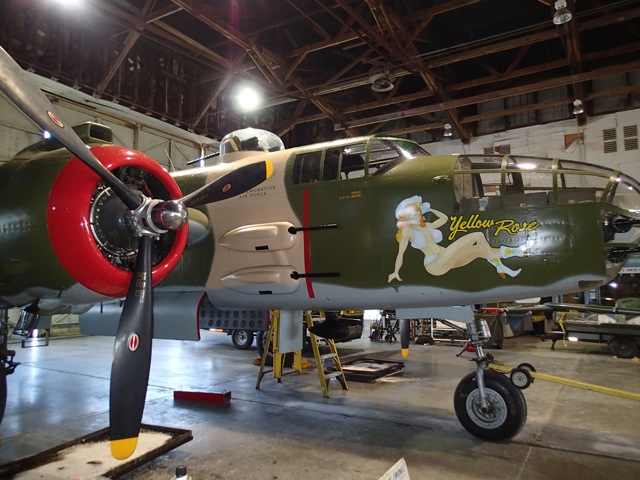 |
|
B-25J-5 is Yellow Rose (N25YR), part of CAF stationed in San Marcos, TX. Photo by Joe Kudrna. |
Training the crew is vital to profit in the B-25. To take advantage of all those HMG’s one needs to max out “Weapons Maintenance” and the gunners as soon as possible and at least the “Expert Qualification” if not Ace. The B-25 is not maneuverable nor fast enough to readily engage targets on its own terms (unless another bomber) so the turrets are very important. It is also important to maneuver in a way for as many turrets as possible to engage. For example, if being pursued by fighters then consider a slight turn or climb so the upper turret can engage in addition to the tail position. Flying on the deck also forces pursuing fighters into the arc of the top turret.
The B-25J-1 is a Tier 2 bomber with 3.3 BR making it easy to get and not face too many advanced fighters. It is arguably the best bomber of this Tier and BR. The nearly identical B-25J-20 and Soviet Premium B-25J-30 are Tier 3 with 4.0 BR putting them in a slot that is much more challenging, but they can still hold their own. The main and perhaps only difference is the addition of one more fixed offensive HMG (5 to 6) for pilot use. The Soviet premium is fully equipped on purchase so off bat it lists a higher top speed but in the end, once upgraded, all three fly the same.
Author: Joe “Pony51” Kudrna
In one of the upcoming updates, we will introduce the "Paper Doll" Pin-up from 57th Bomber Wing, 321st Bomb Group, 447th Bomb Squadron #43-27473:
Decal by Jej 'CharlieFoxtrot' Ortiz
